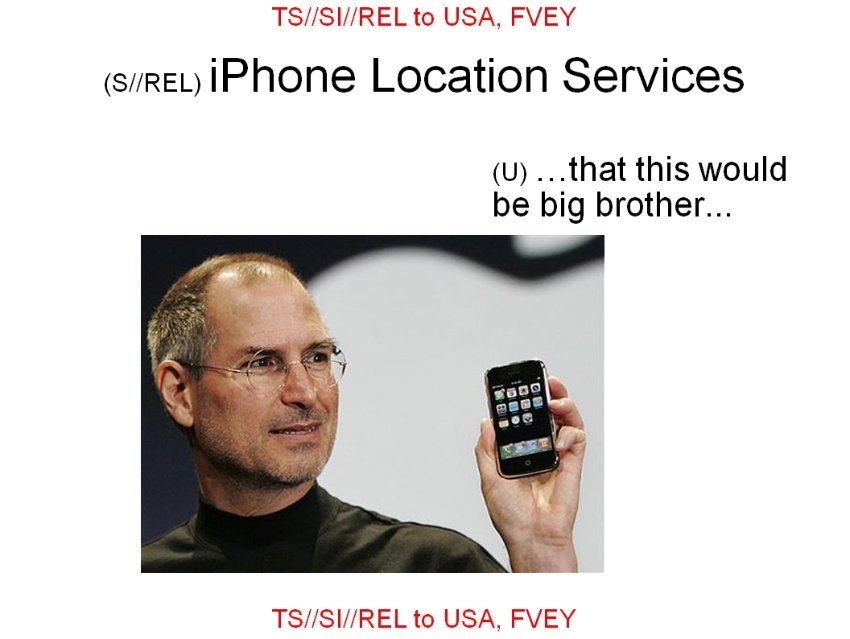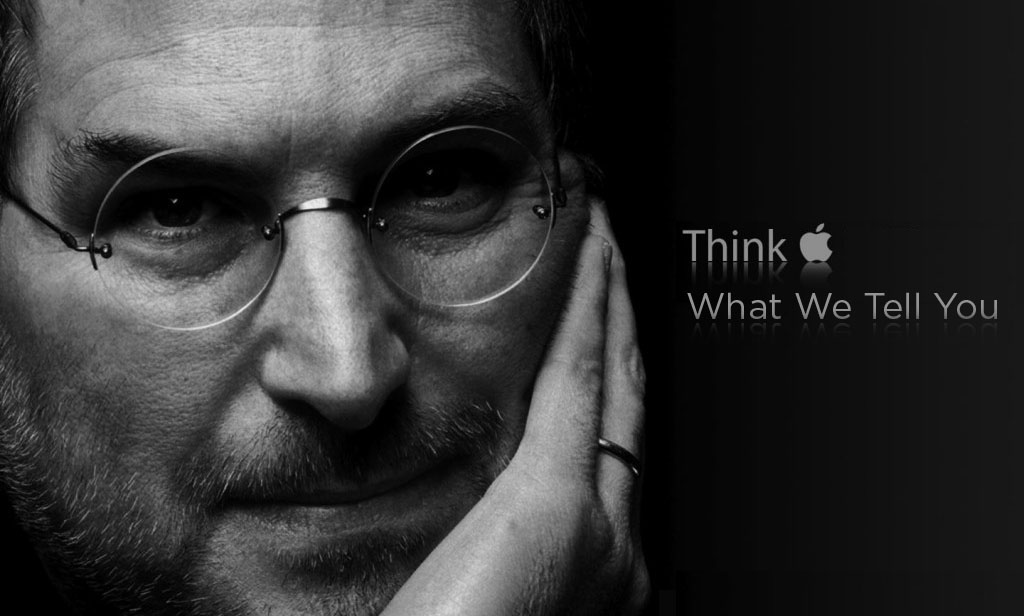Editorials
 |
“By the time you get this message, I'll be in the dead zone.” – Capa, “Sunshine,” DNA Films, 2007
You have to wonder if this year’s Flash Memory Summit (FMS) didn’t have Al Shugart, a hard drive pioneer, spinning in his grave.
There are a whole lot of silicon engineers hell-bent on moving his technology to a dusty corner of the Computer Museum.
Shugart was a key developer of IBM’s RAMAC (Random Access Method of Accounting and Control) disk system that stored a whopping 5MB of data. Today, no kid would look twice at a smartphone or tablet if it didn’t have at least 32GB (1GB = 1,024MB).
- Details
- Hits: 3995
Read more: Bigger, Faster, Cheaper Flash in Demand But Cold?
 |
The impact of Edward Snowden is still being felt on a daily basis and is even growing due to the continued release of information in the form of classified slides from the NSA. In recent months the information coming out of these slides has been quite alarming and ranges from the fact that the NSA wrote the standard for most of the encryption used today to being able to break into our smartphones and harvest information almost at will. Of particular interest to the NSA was (and still is) the Apple iPhone. This is interesting simply because Apple has always touted the iPhone as more secure than everyone else’s. Of course, every other phone is still vulnerable to NSA eavesdropping, but the iPhone appeared to be much more vulnerable and had specific details listed in the slides released so far.
- Details
- By Sean Kalinich
- Hits: 4575
 |
Microsoft’s investors are signaling that they are ready for change and they want someone who can facilitate that change to be the next CEO. You can see this desire in the suggestions that they have put forward to the Board; Ford CEO Alan Mulally while another potential replacement is Computer Sciences Corporation CEO Mike Lawrie. At least this is the going rumor after Yahoo published an article citing an unnamed source (aren’t they always?).
- Details
- By Sean Kalinich
- Hits: 3356
 |
US District Court Judge Denise Cotes has finally come back with her recommendations for Apple’s consequences in the eBook Price Fixing case. Her recommendations have met with mixed feelings from both sides (even those that feel that Apple was guilty). Most Apple fans seem to feel that this is far too harsh a punishment and that Apple did nothing wrong by brokering contracts that changed the pricing model for the entire eBook industry. Those that agree with the guilty verdict feel that the recommendations do not go far enough to change Apple’s behavior.
- Details
- By Sean Kalinich
- Hits: 3880
 |
Verizon and a few other broadband companies are out to alter the way you view content on the internet. Ever since the FCC (Federal Communication Commission) put regulations in place to prevent broadband providers from block, throttling or altering content as it passes over their networks (2010) these companies have been fighting back. They argue that the regulation prevent internet expansion and investment. They would like to be able to broker deals with websites and content providers to provide them with different levels of access at different price scales. The FCC feels this type of behavior is anti-consumer and wants to make sure that all content is treated equally.
- Details
- By Sean Kalinich
- Hits: 4038
More Articles …
Page 17 of 89



